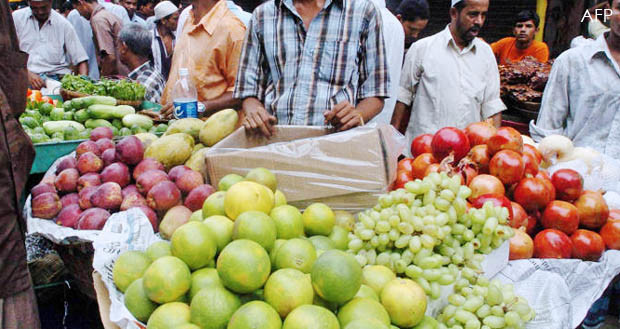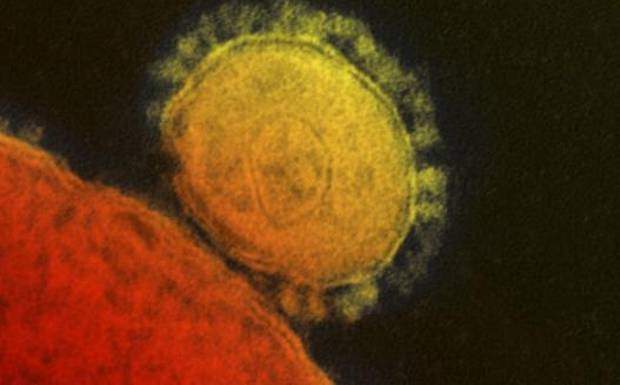
Bangladeshi police are to set up check posts at the main entry points to the capital Dhaka to prevent the import of fruits which have been sprayed with alarming levels of a deadly chemical, officers said on Monday.
The Dhaka Metropolitan Police (DMP) unveiled the move after it found high levels of formalin, an illegal chemical which is sometimes used as a preservative and disinfectant, in almost all the fruits it checked in Dhaka’s markets, DMP spokesman Masudur Rahman said.
“The check posts will be set up from June 11 at eight entry points of the city. Armed with formalin detection kits, our officers and magistrates will check every lorry carrying fruits to the capital,” he said.
Anyone found to have carried formalin-laced fruits could be jailed for up to two years or fined up to $2,531 (200,000 taka), he said.
A huge public outcry over formalin-mixed fruits prompted the “unprecedented” police move, as repeated tests by laboratories and food inspectors have found fruits sold in Bangladesh contain an “alarming level of formalin” in an effort to extend their shelf life.
On Sunday, Dhaka’s police chief Benazir Ahmed equated the situation to an attempt at slow poison mass killing and pleaded with residents “not to get involved with buying, selling or consuming formalin contaminated fruits”.
His comments echoed those of civic and doctors’ groups who said Bangladesh was on the verge of a massive health crisis as reflected in a rising number of kidney and cancer patients, with toxic chemical-mixed food items playing a key role.
Rahman said fruits could naturally contain 0.03-0.15 ppm (part per million) level of formalin, but during inspection in Dhaka’s markets police found the level between 3.5 ppm to 46 ppm. “It’s a extremely dangerous situation. This level of formalin mixed in fruits can kill a lot of people,” said Rahman.
Police concern was also sparked by a two-year-long test by a government laboratory which found an unprecedented level of adulteration of other food items. The Institute of Public Health has conducted the test on 10,289 samples of 50 items and found that 47 items were adulterated, according to mass-circulated The Daily Star. The items include edible oil, spices, sweets, milk products, lentils, pulses, juices, pickles, biscuits, jellies, dried fish, flours and tea leaves.
Source: world news report





